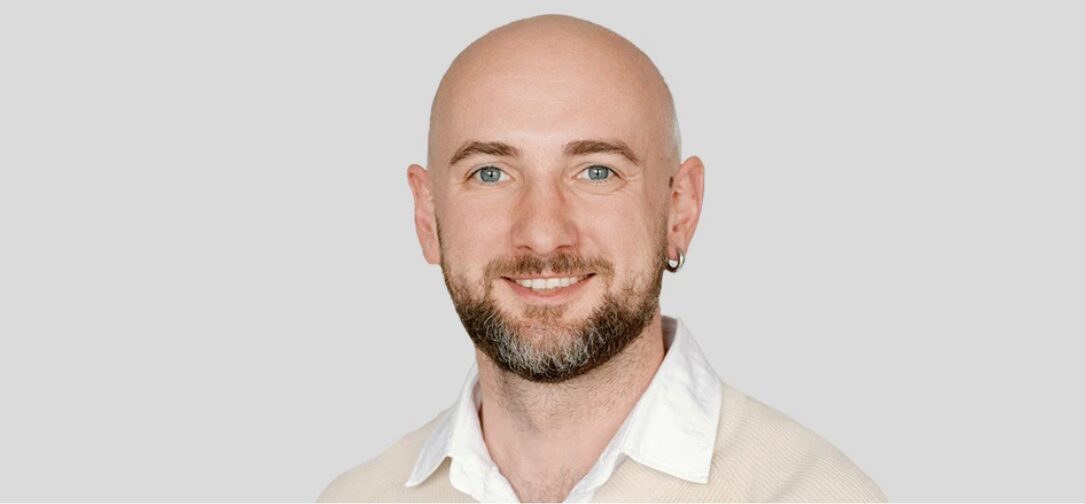In this interview with TechBullion, Mykhailo Kopyl, founder and CEO of Seedium, a web & mobile development company that has built over 200 digital products, shares his insights on setting up efficient tech teams.
Mykhailo opens up about what inspired him to start a software development company and how dedicated development teams can help business founders move faster and smarter. Excited about innovation, he believes the future of software development lies in collaboration with AI and fostering a strong product mindset among technical teams.
Please tell us more about yourself. What led you to start a software development company?
I’m the founder and CEO of two tech businesses: Seedium, a software development company, and AllClinics, a healthcare market intelligence platform. But my journey started with a passion for entrepreneurship.
Back in 2013, I began working on my first tech startup, an educational web platform. It was my first hands-on experience building a digital product. I quickly encountered the challenges many first-time founders face, such as a lack of knowledge, a lack of a technical team, and learning everything the expensive way.
That experience led me to a startup accelerator in Canada. There, I connected with other founders who were going through the same struggles. I already had a strong network of software engineers and felt a drive to help early-stage founders like me bring their ideas to life. That’s how Seedium was born in 2017.
How has Seedium changed over the past 8 years?
We started out as a development company focused on seed-stage startups. That’s actually where the name Seedium comes from. Our mission from day one was to help first-time founders avoid common mistakes and get to market faster. And we’ve done just that: 80% of the startups we’ve worked with successfully launched and began generating revenue. This is an outstanding result considering industry statistics showing that most startups fail.
As our experience grew, so did our client base. Today, we work with startups, SMBs, and enterprises. Our service range has also expanded to include full-cycle design and development services, and setting up high-performing dedicated development teams.
How do you define a “high-performing” tech team? What does that look like in practice?
A high-performing tech team can deliver high-quality software solutions quickly, thinking not only about tech development but also about business needs. It’s not just about how fast you can get things done. It’s about working with trust, accountability, and real collaboration. That’s what leads to truly outstanding results.
At Seedium, how do you maintain consistency and quality across different projects or teams?
Internally, we’ve defined clear quality standards and share the same core values: trusted relationships, customer success, innovation, and efficiency. This helps us maintain the quality of Seedium’s services, whether we’re handling full-cycle development on our side or setting up a dedicated development team managed by the client. Since day one at Seedium, we’ve approached our clients’ projects as if they were our own and built relationships based on trust and partnership.
Can a dedicated development team be as efficient as an in-house team?
Absolutely, and our clients’ stories prove it. Many come to us with limited in-house tech resources and a need to quickly staff a team with proven specialists. They don’t want to waste time and budget on hiring, onboarding, and other bureaucratic steps. When speed to market is critical, that agility makes a big difference.
Some clients build their own internal teams over time after launching. Others continue scaling with our dedicated development teams because they’re fully satisfied with the expertise and reliability of the developers they work with.
What do you look for when hiring developers or engineers beyond technical skills?
Of course, qualifications and work experience matter. But there’s another factor that can change everything: cultural fit. When we’re looking to expand the team, we see it first and foremost as a chance to build a long-term partnership with a new specialist. Most of our team members have been with Seedium for 6-7 years, and we’re proud of our exceptionally low staff turnover.
That’s why, right from the start of the recruitment process, we focus on whether a candidate aligns with our core values. We ask specific questions designed to help uncover that alignment.
Many tech leaders believe that AI will take the jobs of software engineers. How do you see the role of tech teams evolving with AI and automation?
I don’t see AI as competition. In fact, it opens up a lot of new opportunities for both business founders and developers. For example, startups can quickly build a proof of concept or MVP using AI.
At Seedium, we’ve been testing AI tools as well. They’ve shown great results in speeding up tasks like testing, debugging, exploring the existing codebase, and writing down documentation. But it’s important to understand that these tools still require a solid tech background. You still need experienced software engineers who know how to launch real products, design the right architecture, and scale effectively. So, it’s not about replacing people with AI, but combining their strengths.
What advice would you give to a founder building their first tech team?
I’d recommend finding a trusted partner with a proven track record in building the kind of software you’re looking to create. It helps you move faster and focus on the product itself, not the tech details. You’ll make fewer mistakes and have someone by your side, even if you decide to build an in-house team later on.
When picking a partner, check out their past projects, what their clients say, how easy they are to communicate with, and whether they can think beyond tickets. At Seedium, we always start by understanding your business goals so we can suggest solutions that actually move you toward these goals. Most importantly, we listen to your priorities and vision. In my experience, the best products come from collaboration and setting up a trustworthy relationship.
What skills or mindsets will matter most in the next 3–5 years for tech teams?
From a tech perspective, it’s really important to understand how to work with AI tools. This is true for AI specialists as well as front-end and back-end teams. Another big one is having a product mindset. It’s not just about knowing how to build a feature but also about understanding what role it plays in the product and what business goals it supports.
Tech teams also need to stay proactive and adaptable. I believe the teams that work as part of the business, not just technical support, will have the biggest impact.
What steps will the Seedium team take to meet these requirements?
We encourage learning through internal workshops and knowledge-sharing sessions. This helps the team stay up to date with new frameworks and tools. Over the years, we’ve been lucky to build a culture where it’s safe to experiment and try new ideas.
But the most essential thing is exploring new tools and implementing them into new products. Since 2017, we’ve worked with businesses around the world, from the EU and U.S. to the Middle East, Australia, and New Zealand, covering 15+ industries like HRTech, SaaS, and HealthTech. Every new project brings fresh experience that shapes the unique expertise of our tech team.



































